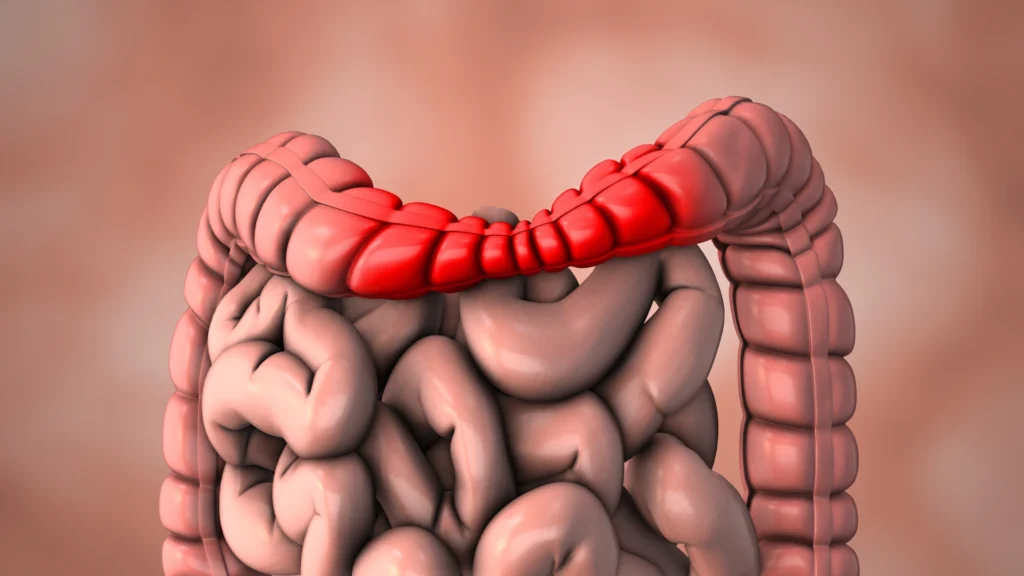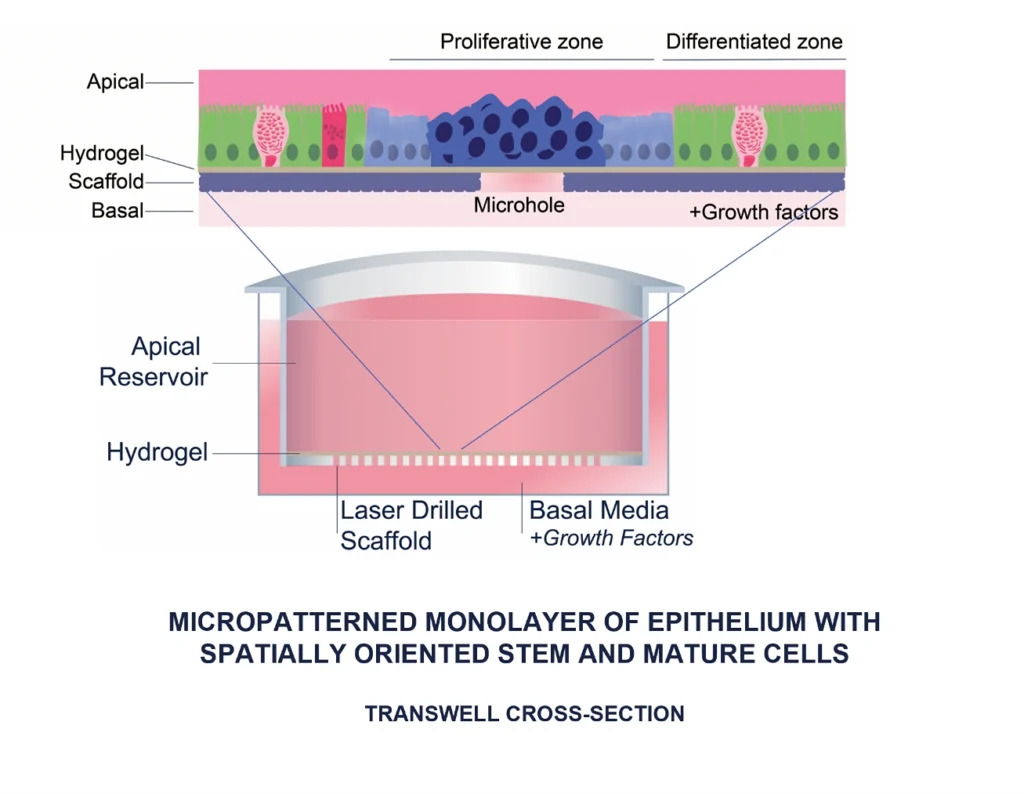Rethinking IBD Research with Human-Relevant Models
Traditional mouse models fall short in predicting clinical outcomes for Inflammatory Bowel Disease. RepliGut® delivers a human-derived platform that better reflects intestinal biology—helping researchers accelerate discovery and develop therapies that truly translate.
Discover advanced in vitro models for Inflammatory Bowel Disease
Inflammatory Bowel Disease (IBD) Applications
The Challenge with IBD Models:
For decades, IBD drug discovery has relied on mouse models. While rodent systems can mimic some inflammatory pathways, they cannot reflect the genetic, immune, and microbiome interactions that drive human disease. This limitation has led to high clinical trial failure rates, with many promising therapeutics showing efficacy in animals but not translating to patients.
Researchers need more predictive, human-relevant models that replicate the intestinal environment of IBD—and that’s where RepliGut® comes in.
Altis Biosystems offers in vitro models for inflammatory bowel disease (IBD) using human stem cell-derived gut epithelium. Our platform enables high-throughput IBD drug screening, empowering researchers to evaluate barrier integrity, cytotoxicity, and inflammatory cytokines with precision

Applications of RepliGut® Models in IBD Research
RepliGut® provides a human-derived in vitro platform to study IBD biology and accelerate therapeutic development. With these models, researchers can:
Assess barrier integrity through TEER and permeability measurements
Model inflammatory responses with cytokines (TNFα, IFNγ, IL-1β)
Test drug mechanisms of action on barrier repair, inflammation, and epithelial health
Capture donor-to-donor variability to evaluate treatment response diversity
Compare regional differences across duodenum, jejunum, ileum, and colon
Investigate epithelial–microbiome interactions with microbial metabolites or bacterial components
Study wound healing to track epithelial restitution after injury
Discover biomarkers of disease progression and therapeutic efficacy
Why In Vitro Models of IBD Are Critical Post FDA & NIH Announcements
In 2025, the FDA and NIH announced a strategic shift away from animal testing toward validated New Alternative Methodologies (NAMs), including organ-on-chip systems, advanced in vitro assays, and human-relevant models
For complex diseases like IBD—where animal models often fail to predict human responses—this roadmap underscores the need for physiologically accurate, non-animal platforms.
Human-derived in vitro systems like RepliGut® provide:
Ethically favorable alternatives to animal use
Mechanistically rich environments for studying disease pathogenesis
Human-specific predictive models for therapeutic testing and pathway discovery

The Unmet Need: Mechanisms of Intestinal Repair
A central challenge in IBD is understanding intestinal repair mechanisms—including stem cell activation, epithelial regeneration, and immune-epithelial cross-talk.
Animal models lack fidelity to key human-specific processes, such as:
- The role of human immune cells in epithelial repair.
- Developmental signaling pathways (YAP/Wnt dynamics).
- Cellular plasticity during regeneration.
With RepliGut® Crypt, researchers can directly observe and manipulate human intestinal regeneration, uncovering processes like fetal-like dedifferentiation and epithelial restitution—phenomena not reproducible in animal models.
